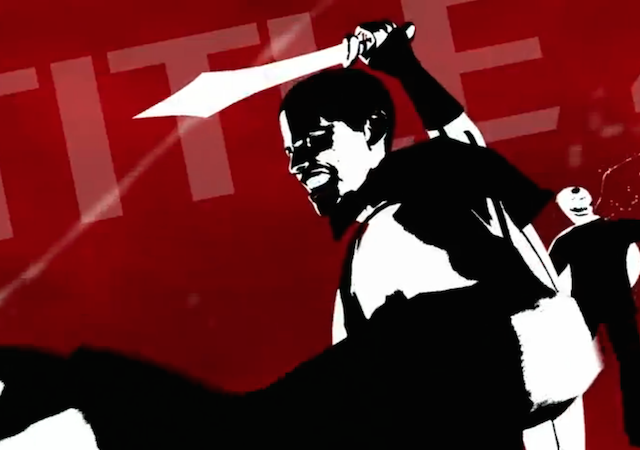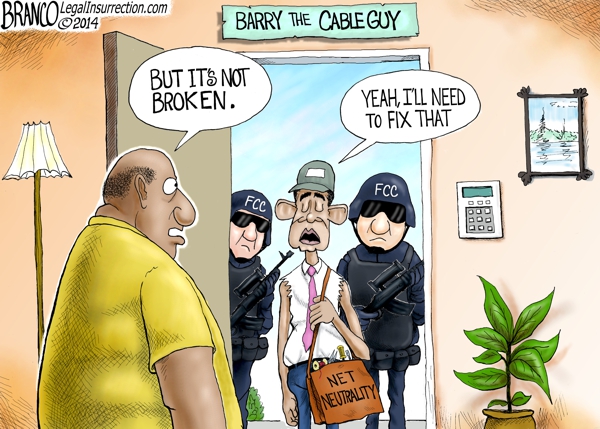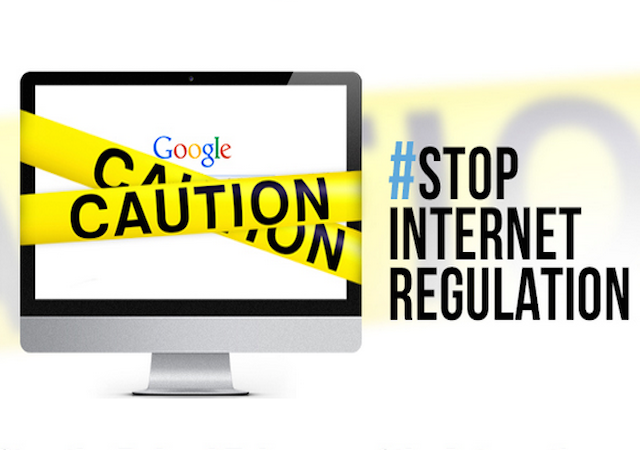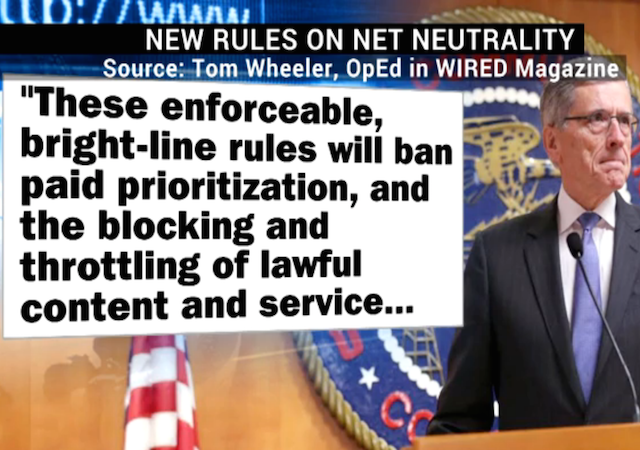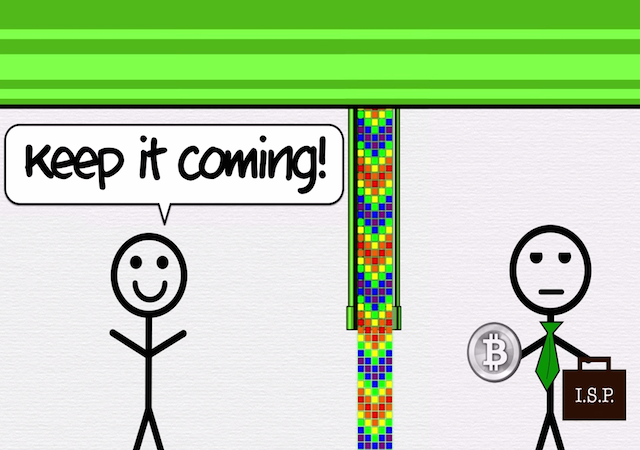Taiwanese Cartoon Captures Ridiculousness of Net Neutrality
on February 28, 2015
6 Comments
This week, the FCC voted 3-2 in favor of implementing net neutrality policies. These rules will prevent internet service providers like Verizon or Comcast from blocking or throttling traffic, ban giving priority to providers who are willing to pay for faster service, and reclassify broadband as a telecommunications service. This means that internet service will now be regulated under stricter, utility-based laws the government currently uses to control wired telephone and other similar services.
The pro-NN moves made by the FCC have come under attack from both activists, and members of Congress. A recent poll shows that only 1 in 3 Americans thinks that more regulation will lead to a freer internet.
We're looking at one of the most controversial regulatory decisions made in recent years, and still, only about 1/4 of Americans have heard of "net neutrality," and have a basic understanding of how these policies could affect the way they use the internet.
This is a problem---but we may have a solution.
TomoNews, a Taiwan-based animation firm, has released a (moderately whacked-out) cartoon out that both lampoons the ridiculous moves by the FCC, and educates its audience about what net neutrality could mean for the future of the internet.
Watch:

